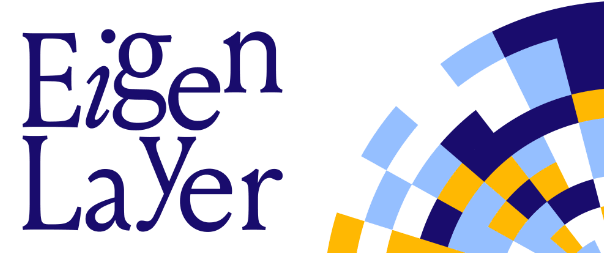The Ethereum Foundation is accelerating efforts to adopt a written policy after two researchers received incentives from EigenLayer.
Immediately, in reaction to the mounting concerns around the possibility of conflicts of interest, the Ethereum Foundation made an announcement regarding the acceleration of efforts to adopt a written policy.
The revelation that two of EigenLayer’s researchers had received “significant” incentives from the company prompted a wider discussion on the importance of clear governance frameworks within the business, which led to the launch of this effort.
Ethereum Foundation Ramps Up Conflict Policy Work
Under the leadership of Aya Miyaguchi, the Executive Director of the Ethereum Foundation, the organization has come to realize that it is insufficient to rely exclusively on culture and human judgment in order to reduce the likelihood of conflicts of interest.
During a recent announcement on X, Miyaguchi underlined the significance of the Foundation’s neutrality in order to ensure that it continues to play a crucial role in the Ethereum ecosystem.
In spite of the fact that the formulation of a formal policy has been in progress, she disclosed that the ongoing discussion has required a quickening of these efforts.
She assured everyone that the community would receive an update on the policy soon. In the meantime, Lefteris Karapetsas, a former Ethereum software developer and the founder of Rotki, a cryptocurrency portfolio management application, expressed his opinion that the Foundation ought to offer a fair salary to its employees.
He contended that if there were adequate internal rewards, it would eliminate the need for team members to look for external remuneration, which could result in conflicts of interest.
EigenLayer Innovates in Ether Staking Space
On May 19, Justin Drake, a researcher for the Ethereum Foundation revealed his involvement in advisory roles with the Eigen Foundation. The role came with a significant incentive in the form of EIGEN tokens.
These tokens had the potential to be worth more than all of his other assets combined, notably ETH. Drake stated that he accumulated these tokens over three years, totaling millions of dollars. It was his intention to reinvest all of the profits into the Ethereum ecosystem, either as investments or as donations, with the sole intention of conducting research on the hazards associated with restaking.
Vitalik Buterin, one of the co-founders of Ethereum, decided to have a public conversation with Jordan Fish, also known as Cobie, a notable cryptocurrency trader.
The possible conflicts of interest that could arise as a result of members of the Ethereum Foundation holding advisory seats at EigenLayer were the primary topic of our conversation.
Buterin’s engagement brought to light the enormous stakes involved, as well as the delicate nature of governance and ethical procedures within large cryptocurrency organisations. Just two days after Drake’s admission, Dankrad Feist, another researcher at the Foundation, announced a similar advisory role with EigenLayer.
He made it clear that he was acting in a personal role, with a particular emphasis on risks and decentralization, and that he was entirely prepared to accept opinions that were contrary to those of EigenLayer. Feist, in contrast to Drake, did not make any commitments to reinvest any financial resources in the community.
This exemplifies the many approaches that Foundation members take when it comes to managing engagements with outside parties. EigenLayer, a platform that is currently experiencing rapid growth, allows users to deposit and re-stake ether from a variety of liquid staking tokens.
The platform’s intention to distribute this money to actively validated third-party networks or services represents a significant advancement in the staking landscape.
